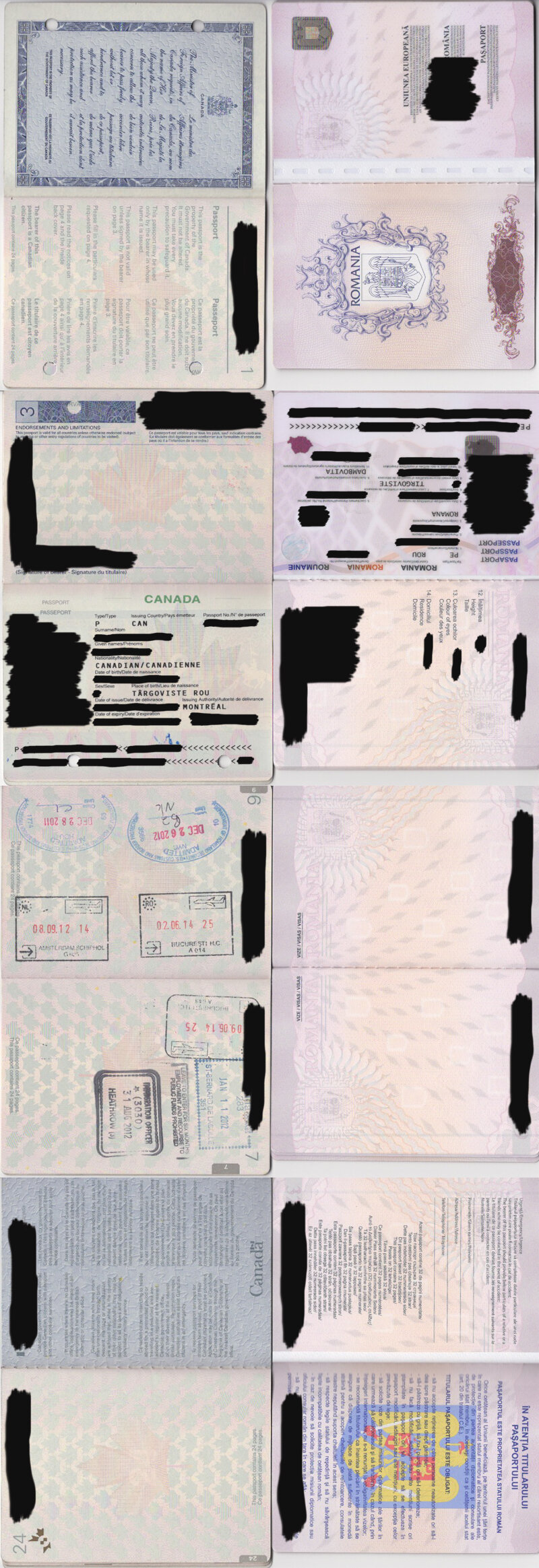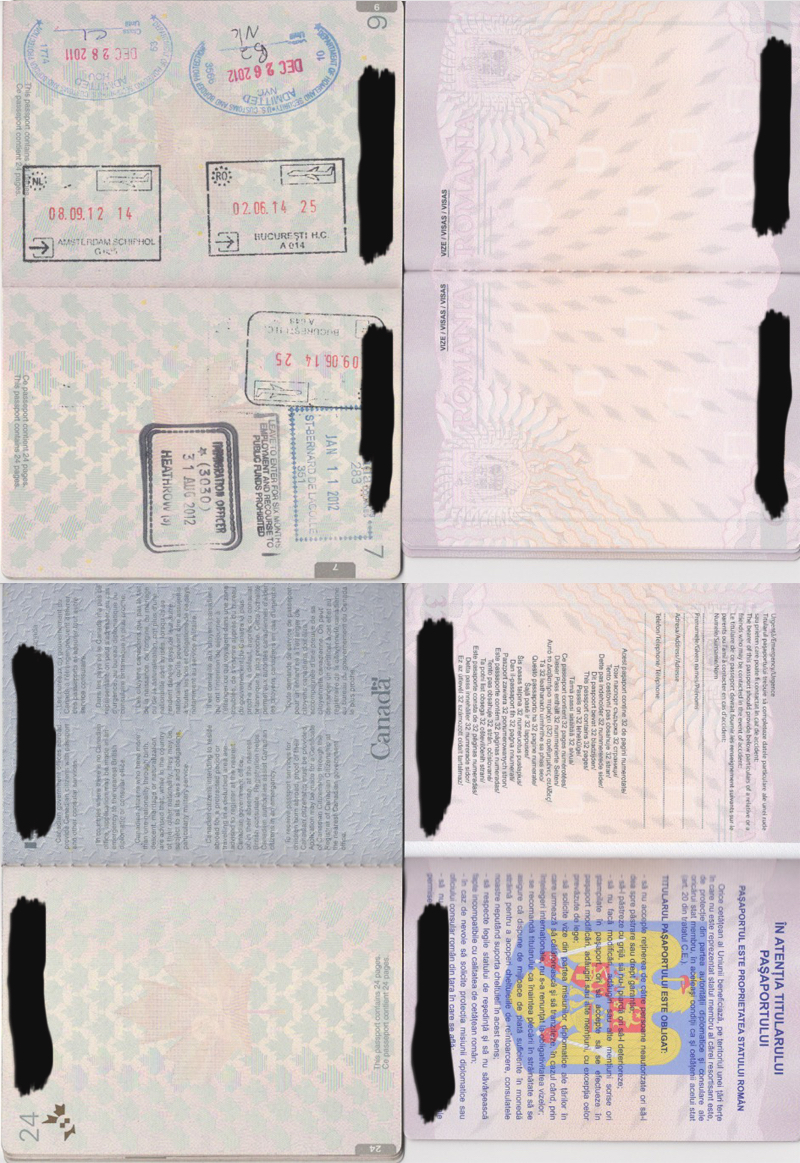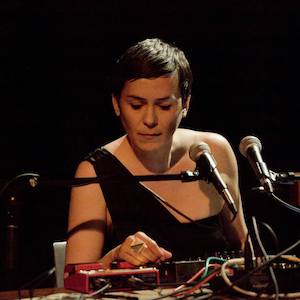



to be a dual citizen, a member of two states, to be of one and of the other, a “freeman” and “not an alien,” is this dual belonging a kind of compatible twinship or a two-headed monster?
Seeming to commence, they parted.
Seeming to derive, they obscured the fragments we were
Or were lacking.
They stamped a notion needing exploration, exportation.
Mystifying yet present because we splintered gesture
But felt hands caught in a vice. So then we
in a time when so many lack even one citizenship, when so many desperately forgo the belonging to a place of scarcity or terror and set out on perilous journeys of complete unknowing with only a bare flicker of hope that after years of toil they might earn a safer kind of belonging, possessing two passports, being entitled to two nations in such a time can feel like an obscene abundance.
In alienating us, they folded animal into figures
A bureaucratic purgatory of statistics.
Wrecked depths, oceanic and derivative
But who were we? Were we the animal as
Were we a land-bound phoneme?
A number floating in the ocean?
as for belonging to the two states, that can never be quite equal: in this case, the passport of one inspires trust and dependability almost all around the world; it implies a high standard of living, comfortable middle-class, the smaller issues of stability, while the passport of the other is burdened by a complicated history, the wounds or (ill) after-effects of communism, the still-present distrust of the east, the drain of poverty and corruption, the sense of an upstart that’s only relatively recently been brought into the fold. although the two sides are in reality much more nuanced and complex than this, and although they both have their assets and their harms, it is nevertheless true that people attach certain virtues to the passport of one and certain stigmas to that of the other.
The body attended but was lost.
A dissipation of concern spread over the
Slid a landslide.
A loss that was deep, foundational
A devastation
A de forest (n)ation
with one passport, I feel the ease of passage, the border as more open and porous, with the other, a certain fear and anxiety, and deeper down, an imposed sense of shame for belonging to a place that one has left and, in a sense, keeps leaving, so I give into the ease, the discomfort, and cross the border of one with the passport of the other.
A crossing that was wanton, purgatorial or
Seeming to repeat, they were laborious.
Over and in and through and in between contorted
But what if no we or they existed but only
How could the course be altered?
The discourse diverted?

For more information about this piece, see this issue's legend.

Oana Avasilichioaei interweaves poetry, translation, photography, sound, and performance to explore an expanded idea of language, historical structures, and borders. Her six poetry collections include Limbinal (Talonbooks, 2015) and Eight Track (Talonbooks, 2019), a poetic, sonic, visual trace of tracks/tracking. Based in Montreal, she frequently crosses borders.
14°42'59.99"S, 75°07'60.00"W
A desert plateau of ancient traces where I recently experienced a dissolving and blurring of the bounds of place, time, culture, language, nation.

